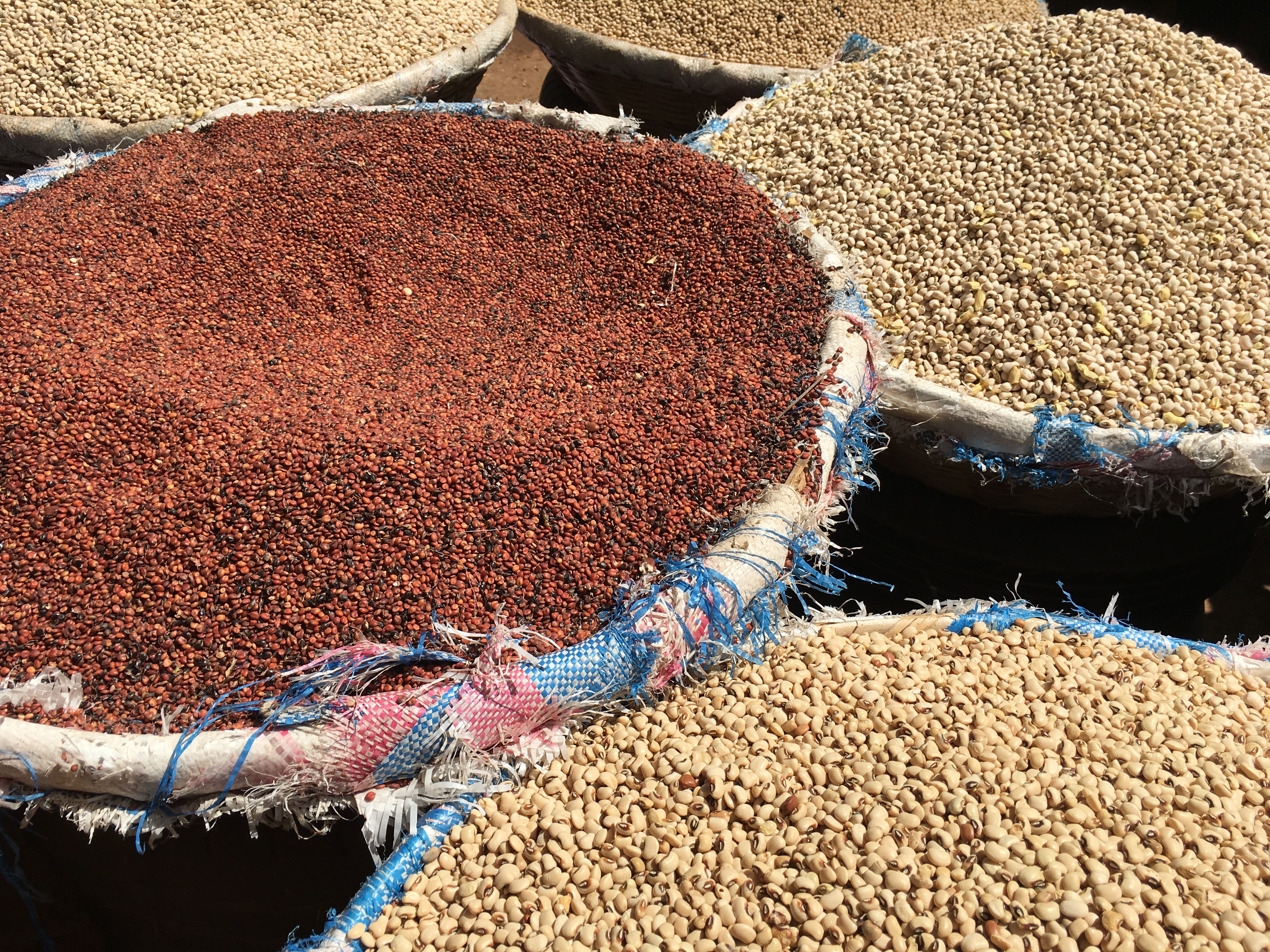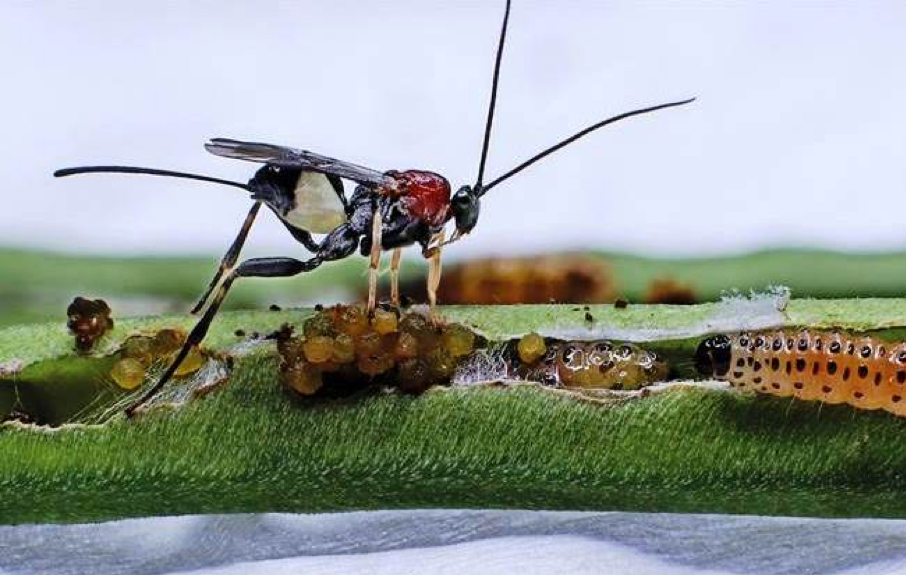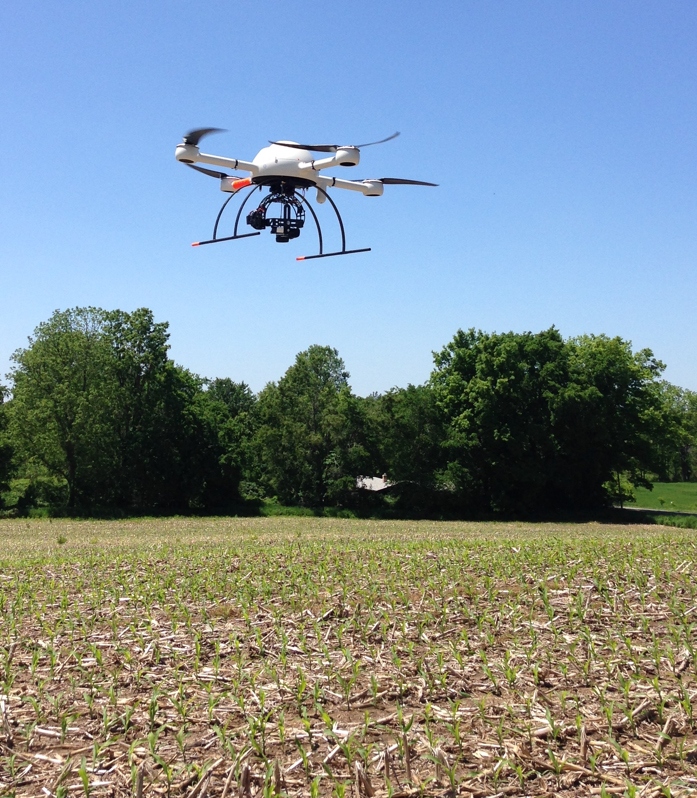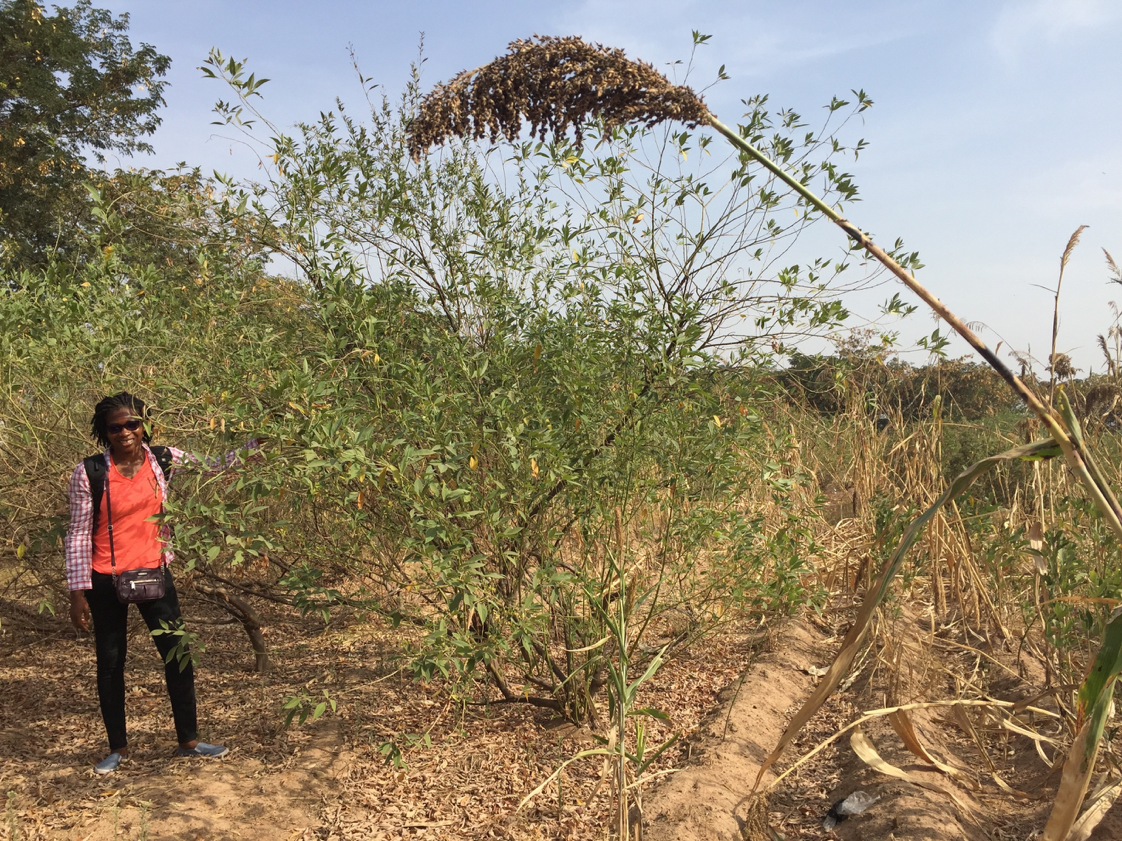Phase One Projects
All activity under these projects has concluded.
Legume Systems Innovation Lab phase one projects drove innovations in legume insect pest management, new and enhanced variety breeding, alternative cropping systems, technology adoption in trade systems, nutritional approaches, and policy effects across legume systems. Phase two projects will continue to address gaps within our systems approach to provide a greater understanding for successful scaling of legume innovations.
Farming Systems
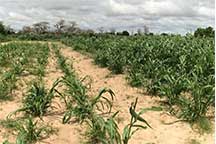
Optimized Shrub System: Improving Cowpea Yields and Strengthening Smallholder Resilience
The project aims to test shrub intercropping to improve yields, remediate degraded soils and provide bio irrigation in farmer cowpea fields. This project works in Senegal. Learn More
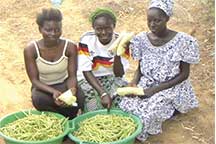
Development of Market-Driven Improved Cowpea Varieties Using Mature-Markers
The project enhances yield potential of elite cowpea varieties and breeding lines in West Africa by adding previously identified traits with defined marker associations using foreground and background selection strategies. This project works in Burkina Faso, Ghana, Senegal. Learn More
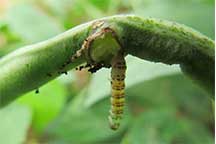
Science-driven and farmer-oriented insect pest management for cowpea agro-ecosystems in West Africa
The project aims to develop and deploy climate-resilient, environmentally friendly, and economically profitable integrated pest management tools and approaches to minimize the impact of insect pests in cowpea cropping systems. This project works in Burkina Faso, Niger, Nigeria. Learn More
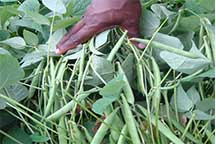
Genetic Improvement of Dry Beans for Bruchid Resistance for Southern Africa
The project aims to deliver improved bean varieties that combine good agronomic performance and resistance to bruchids. Bruchids account for over 48% of post-harvest losses in quality and quantity of common bean. This project works in Malawi, Mozambique, Zambia. Learn More
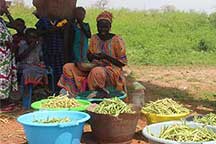
Sustainable Intensification of Dual-Purpose Cowpea Varieties for Enhanced Food and Fodder in Senegal
The project will develop and evaluate agronomic management strategies for the sustainable intensification of dual-purpose cowpea (i.e., increased grain and fodder quantity and quality on the same land area) into smallholder, agropastoral farming systems across different agroecological zones in Senegal. We will use a farming systems approach to identify enabling biophysical and socioeconomic conditions for technology extrapolation and barriers to adoption that can guide future research and scaling. This project works in Senegal Learn More
Gallery
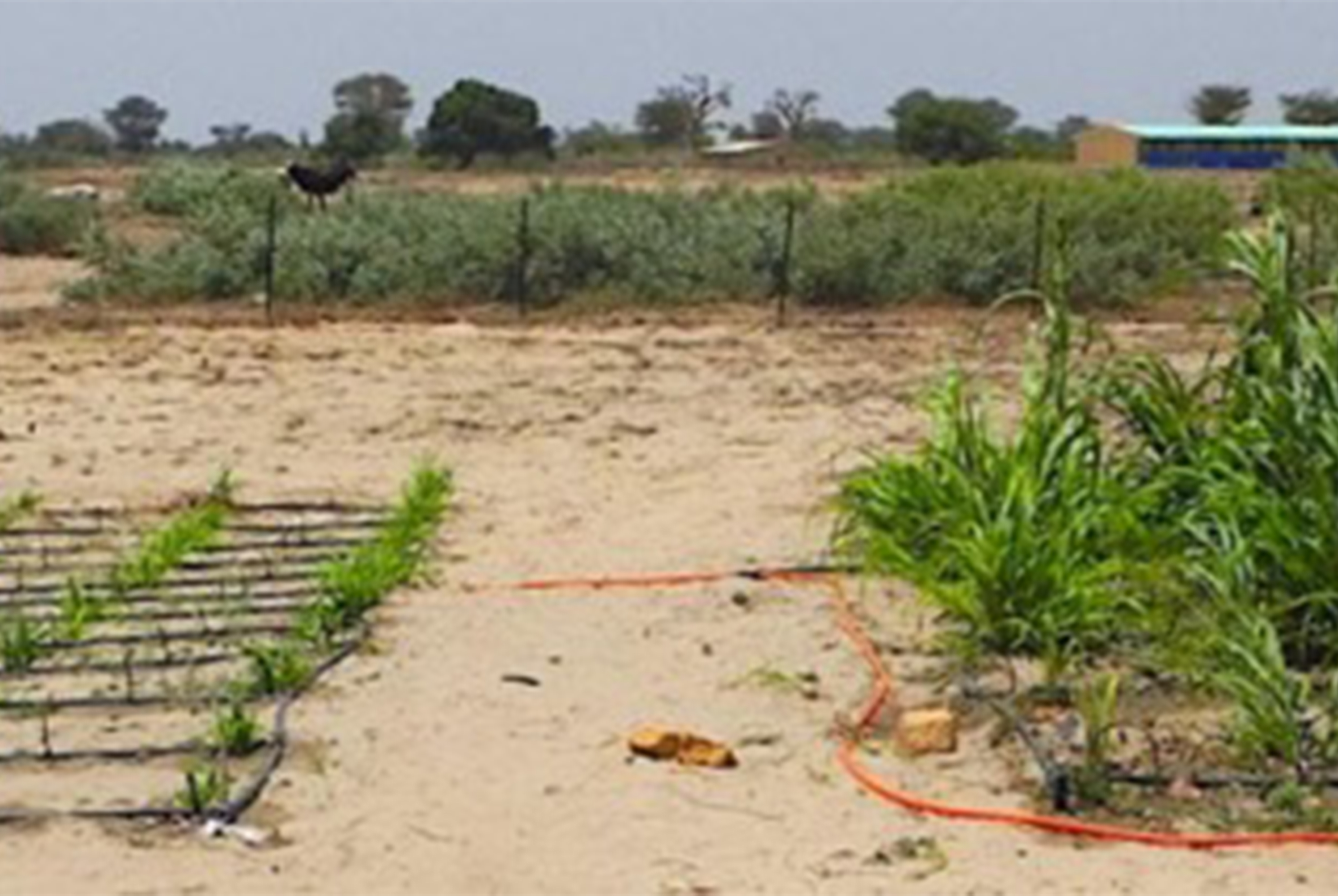
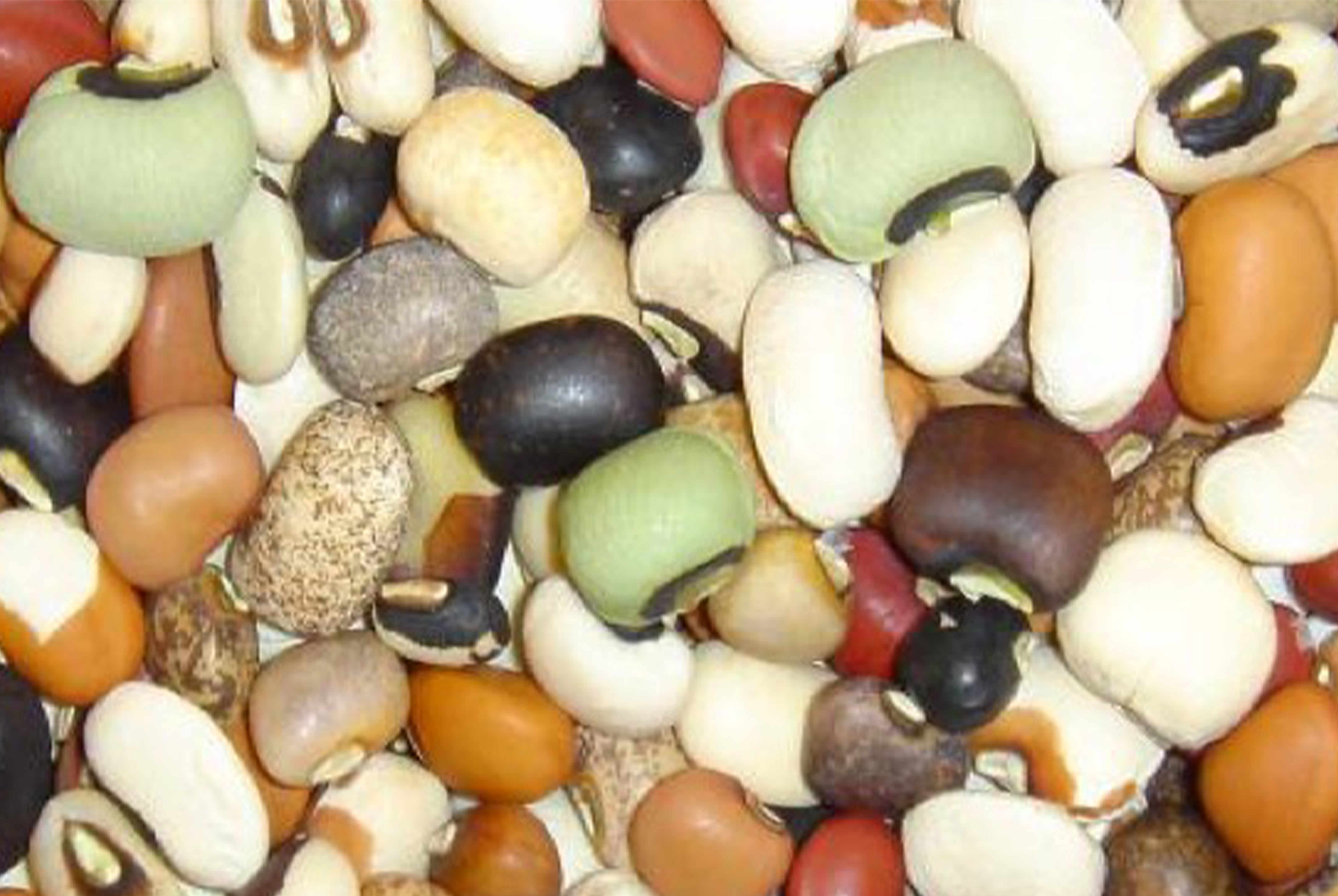

Market, Social and Economic Systems
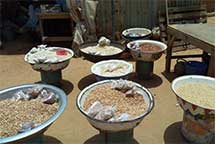
Promoting Trade Integration in Regional Legume Markets with Mobile Technology
The project will help to bridge the information barriers between farmers, wholesalers and retailers in legume value chains. With the help of a phone-based service, farmers and sellers can communicate better. This project works in Nigeria. Learn More

Quantifying the Scale and Scope of Nutritious Cowpea Products in Local Markets
The project aims to identify incentives for expanding the array of nutritious cowpea-based products sold in local markets, especially by small-scale women enterprises. This project works in Mali and Senegal. Learn More
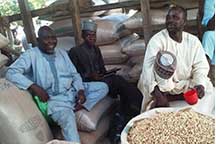
Value Chain Assessment for Key Legume Markets in West Africa
This project will document key actors along the legume value chain in the arid regions of west Africa – their locations, genders, ages, and scale of their business. Mapping of value chains can guide future efforts to make sure food gets to markets and reaches the consumers as well as aiding policymakers by providing information on how value chains function and what makes them resilient. This project works in Niger and Nigeria. Learn More
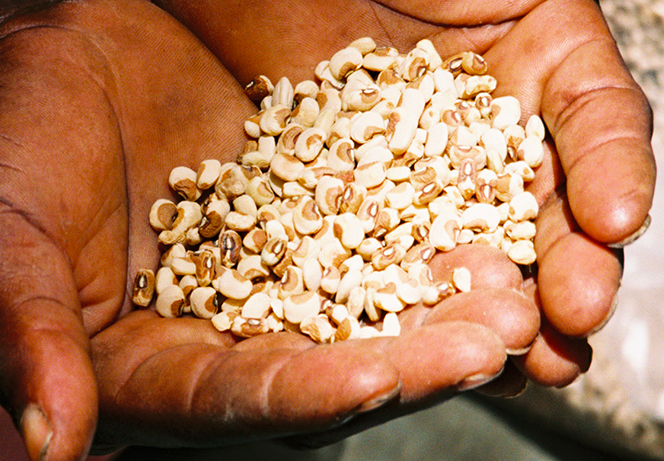
Cowpea Atlas Phase 1: Mapping Cowpea Data Sources and Gaps in West Africa
The Cowpea-based project is intended to build and make available a user-friendly platform including databases for each segment of cowpea value chains. After the implementation of this project (Phases 1 and 2), stakeholders involved in cowpea value chains (including policy makers, researchers, producers, traders, processors, extension agents and NGOs) in Benin, Nigeria, Niger, Senegal and other non-target countries will have access to accurate data on cowpea for better decision making in West Africa. Learn More
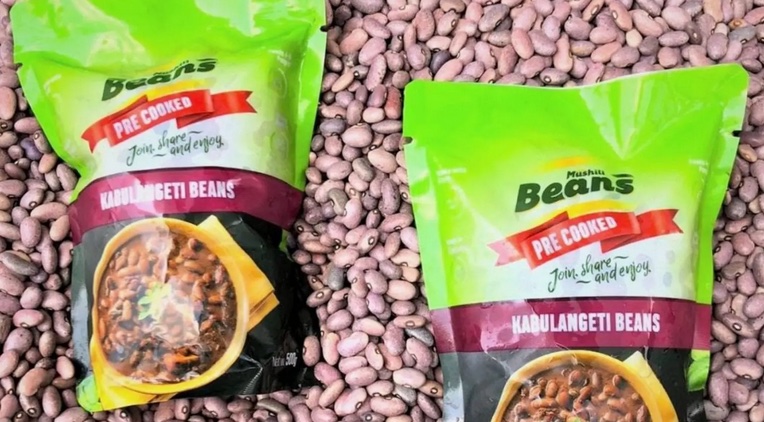
Improving Incomes and Nutrition Security Through Development and Commercialization of Consumer Preferred Processed Legume-based Products in Malawi and Zambia
This project will work to support the development of legume-based agro-processing operations, through understanding factors that drive and constrain the demand for nutrient rich legumes, as well as identifying relevant interventions to alleviate these constraints, in Malawi and Zambia. Learn More

How Input Subsidy Policies Change the Legume Farming Landscape
The project aims to enhance policy understanding of the consequences of fertilizer subsidies for the cowpea value chain with specific focus on crop diversity, gender- and youth-differentiation, and diet quality. This project works in Burkina Faso and Mali. Learn More
Transforming Seed Systems to Respond to Bean Variety Demand Through Multistakeholder Platforms in Malawi
The premise of this study is that integrating bean seed systems in the private sector-led multi-stakeholder platforms (MSPs) does stimulate investment in certified bean seed of market-preferred varieties, resulting in: i) increased and sustainable seed supply of farmer and consumer demanded varieties ii) increased quantities of certified seed purchased by men, women and youth farmers, and iii) reduced time for farmers’ uptake of varieties that were purposely designed with a client focus facilitate rapid learning through MSP-based participatory variety evaluation approaches. Learn More
Phase One Project Fact Sheets
Learn more about our research through our detailed project fact sheets.
Farming Systems
-
Development of Market-Driven Improved Cowpea Varieties Using Mature-Markers
Click above to download Project Fact Sheet
-
Genetic Improvement of Dry Beans for Bruchid Resistance for Southern Africa
Click above to download Project Fact Sheet
-
Optimized Shrub System: Improving Cowpea Yields And Strengthening Smallholder Resilience
Click above to download Project Fact Sheet
-
Science-Driven and Farmer-Oriented Insect Pest Management for Cowpea Agro-Ecosystems in West Africa
Click above to download Project Fact Sheet
-
Sustainable Intensification of Dual-Purpose Cowpea Varieties for Enhanced Food and Fodder in Senegal
Click above to download Project Fact Sheet
Market, Social and Economic Systems
-
Cowpea Atlas Phase 1: Mapping Cowpea Data Sources and Gaps in West Africa
Click above to download Project Fact Sheet
-
How Input Subsidy Policies Change the Legume Farming Landscape
Click above to download Project Fact Sheet
-
Improving Incomes and Nutrition Security Through Development and Commercialization of Consumer Preferred Processed Legume-based Products in Malawi and Zambia
Click above to download Project Fact Sheet
-
Promoting Trade Integration in Regional Legume Markets with Mobile Technology
Click above to download Project Fact Sheet
-
Quantifying the Scale and Scope of Nutritious Cowpea Products in Local Markets
Click above to download Project Fact Sheet
Associate Awards
-
SAWBO RAPID
Click above to download Project Fact Sheet
Mission Projects
-
Improving Cowpea Production in Niger
Click above to download Project Fact Sheet
-
Transforming the Lentil Sector in Nepal
Click above to download Project Fact Sheet
Initial Activities
The Legume Systems Research Innovation Lab six awarded initial activity grants. These short-term non-competitive awards were selected based on their research concepts and alignment with overarching innovation lab research goals.




